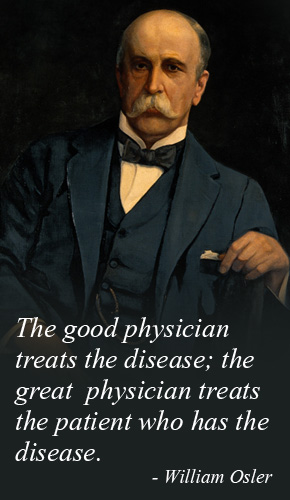Pharmacy
The Pharmacy department at PSG Hospitals is responsible for dispensing medications daily for the inpatient and outpatient population. It consists of pharmacists and support personnel, who work together to ensure that patients receive highest quality pharmaceutical care.
Of the three pharmacies that are part of the department, the main pharmacy, situated near the reception, functions round the clock, throughout the year and is also kept open during public holidays. The other two that caters to the inpatients and outpatients during the day are situated near the general ward and at Level II of the hospital. The pharmacy store is situated at the basement. Bulk stocks of all the medicines and surgical items are stored in the pharmacy stores. Medicines are procured from companies that set standards in quality. These include standard companies with good credentials.
The dispensing at the pharmacy counters is done by the pharmacists after carefully checking the medicines individually with the prescription.
The medicine requirement of special ward patients is handled by a dedicated billing and dispensing counter. Online prescriptions received at this counter are handled by a team of pharmacists and support personnel. Medicines from this counter are transited by pneumatic tube system to the special wards. Medicines sent through the pneumatic tube reach the destination within minutes. Bulk medicines and fragile items like some ampoules etc are delivered manually by the support staff.
The pharmacy department also has a Drug Information and Counselling Centre for the out patients, where clinical pharmacists provide information about the prescribed medicine; inform patients about dosage and; adverse effects; drug food interactions and the importance of drug intake without missing a dose.
The Hospital being NABH accredited, the department follows all the norms prescribed by NABH and this includes professional handling of drugs. Emergency medicines and those that are of high risk are labelled and stored separately. Drugs that are look-alike and sound-alike are stored with appropriate labelling so that there is no mix-up.
Medicines are provided for a number of free camps that is organised by the hospital on a monthly basis. The department maintains a pink coloured prescription sheet that can be easily identified, for the emergency and ICU cases so that they are given top priority during dispensing of drugs.













